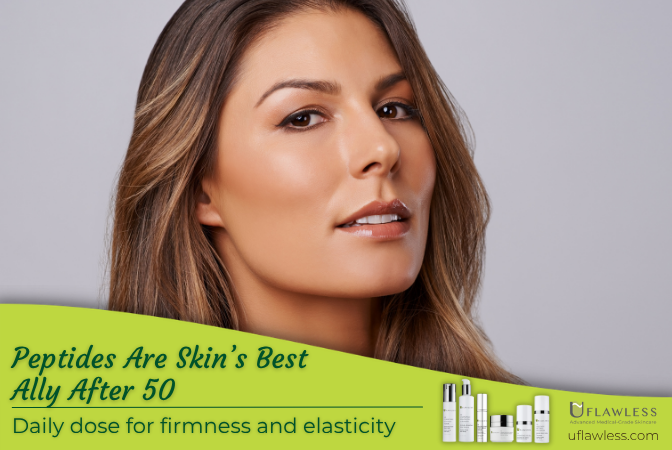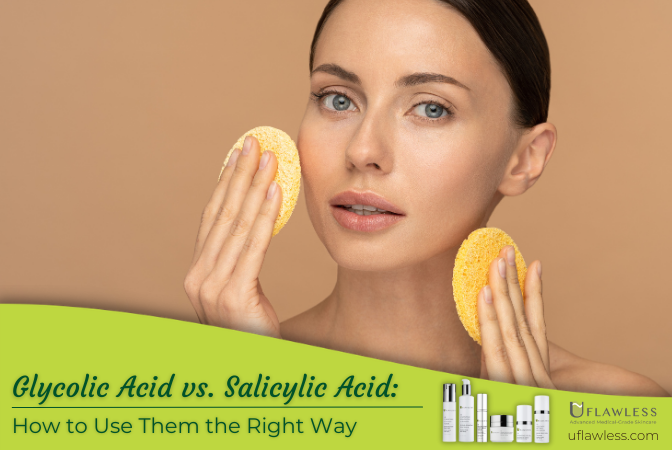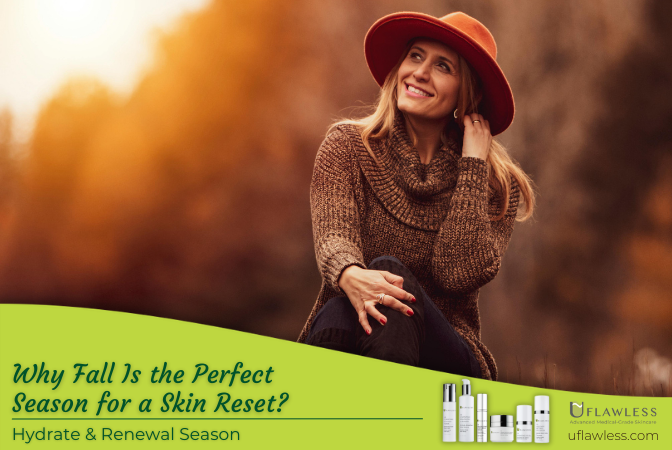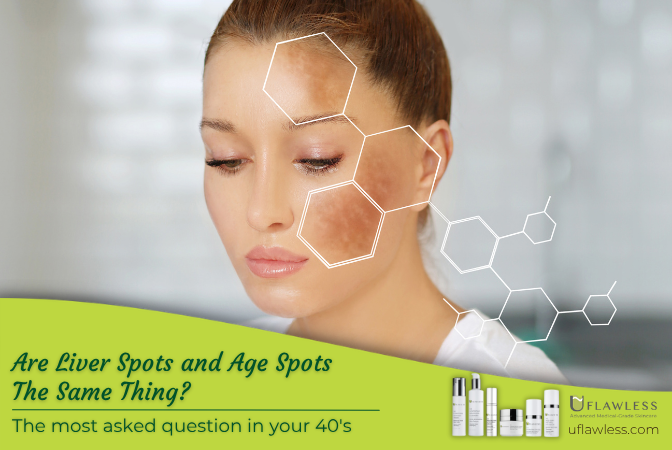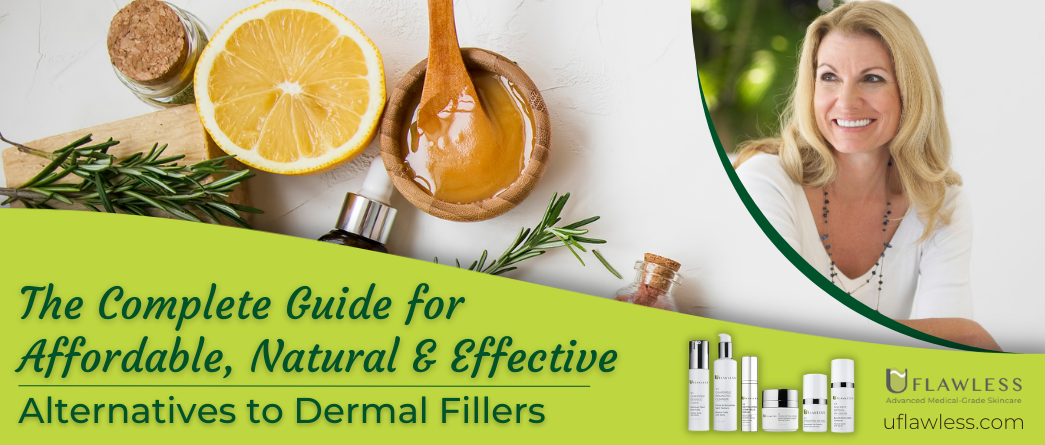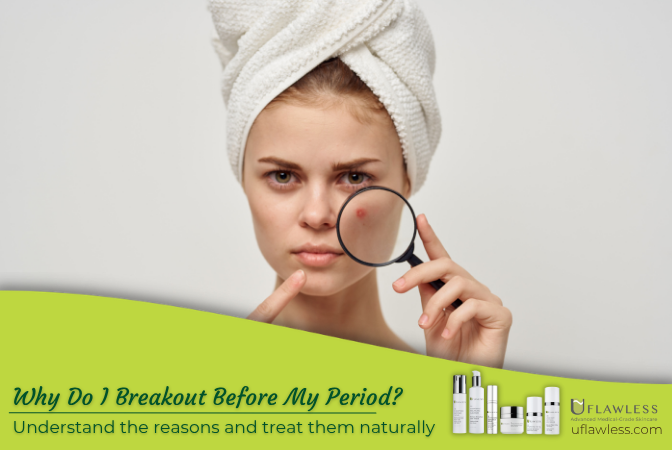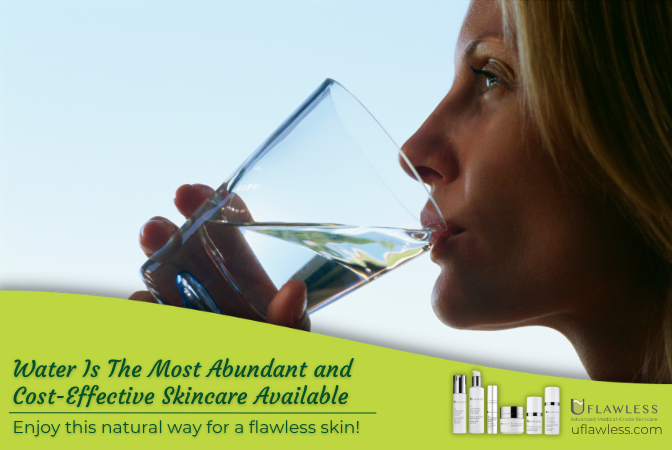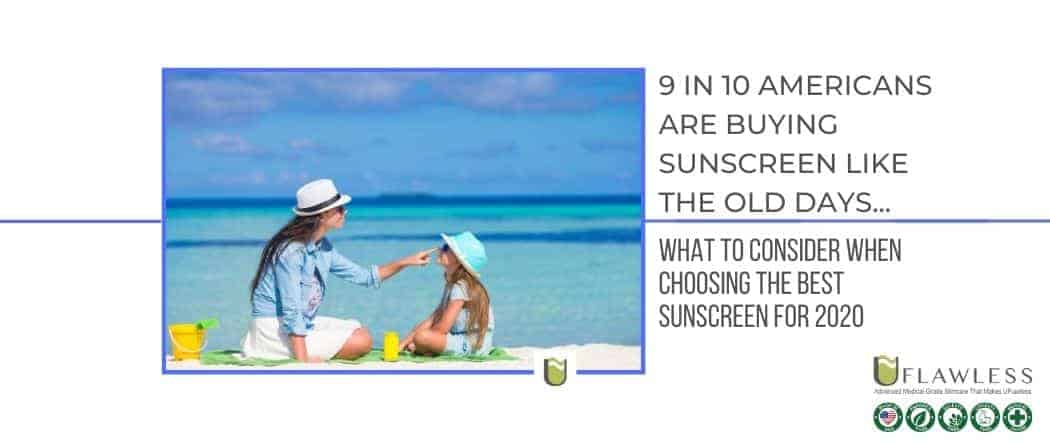
What to consider to keep skin healthy while enjoying the sun!
What To Consider In a Face Sunscreen For Summer 2021
After talking about the importance of the sun in our lives, there are important things to consider when choosing the best sunscreen for summer 2021.
As said, sunscreen is playing a significant role, since scientists have published many studies saying that one of the top 3 factors of premature aging of the skin is the Sun.
Exposure to sunlight, which contains UV Rays, develops oxidation of the skin cells, leading to signs of aging.
There’s a lot to talk about, and we are going to pass through the primary information.
Technology has evolved so much that it is easy to feel overwhelmed when looking for the best sunscreen.
So when we are about to pick the next bottle, we know what claims and factors are relevant.
As the meaning of broad-spectrum, SPF, The difference is using sunscreen on face & body, and how your skin is being protected, using sunscreen.
What Does Sunscreen Do For Us?
The truth is that all of us hear about using a sunscreen every day.
But many people don’t know the fact that using a cotton T-Shirt, for example, still makes us vulnerable to the harmful effects of UV Rays.
Whatever makes sense to you here in this article, we will always recommend you to listen to your dermatologist.
Sunscreen has many shapes and forms. The most common are:
- Creams – Usually used for dry skin and many of them better used on the face as they might have some other hydrating components like aloe vera.
- Lotions – Are less greasy when compared to creams and are good for larger areas, such as legs, back, chest.
- Gel – The preferred one for men with a hairy chest, back, and legs. Used also to protect the scalp.
- Stick – Used to protect lips and eye contour, when directed on the label
- Spray – These are becoming more popular among parents as they are easier to apply. Not necessarily the most effective, as the sunscreen could sparse through the air easily and create a false perception that sunscreen has been used.
What Is A Full Spectrum Sunscreen?
When we see Full Spectrum Sunscreen on Ads or the label, the product protects us from UVA and UVB solar rays.
They are the two most popular types of harmful solar rays. Let’s get some details about the different types of solar rays
- UVA – Stands for the UV Rays responsible for the Aging signs on the skin. It is the Ultra-Violet ray in short waves. Meaning that they reach the deepest layers of the skin speeding up the aging signs on the skin.
- UVB – Stands for Burning. It is the Ultra-Violet ray in long waves. Reaching the superficial layers. It’s the layer that gets burnt or red when affected. It’s an easy way to remember what the B stands for.
After some more recent studies, especially after smartphones and other electronic devices emitting light, such as TVs.
We are talking about HEV – High Energy Visible Light, which is the light that is also causing damages to the skin, generating free-radicals and photo-aging the skin.
There are also Physical Sunscreens and Chemical Sunscreens.
- Physical Sunscreens contain minerals in the formulation creating a physical barrier, reflecting the UV Rays. They usually more adaptable to sensitive skin as they do not clog pores. Usually, the minerals used and with broad-spectrum, attributes are zinc oxide and/or titanium dioxide.
- Chemical Sunscreens are the ones that create a protective layer that absorbs the UV rays working on our skin without causing any damage. Usually, they are more comfortable to wear.
What Is SPF in a Sunscreen?
SPF in sunscreen stands for Solar Protection Factor. It measures the sunscreen to protect against the harmful UVB rays, and as we’ve seen above, B stands for the Burning of the skin.
Even though the protection is measured for the UVB rays, doesn’t mean that the sunscreen, when broad-spectrum, doesn’t protect against the UVA – Aging.
The highest the SPF Factor, the better protection or blocking of the solar damage or burn on the skin. Though the numbers are not linear, to simplify to what is important.
Take that the SFF 30 is the most appropriate, which blocks 97% of the UVB rays, protecting the skin to get burnt and protected from skin cancer.
What is Best – Use A Sunscreen For Face and Sunscreen For Body?
Yes, the best thing to do is to use sunscreen for the face and sunscreen for the body, for some reasons.
Sunscreen for the face is designed to protect the different skin textures and requires a different approach.
The face is exposed most of the time, during the whole day and year, when compared to other parts like the chest, legs, and back.
That’s why we are probably all concerned about the aging signs, first in the face compared to the other parts.
The best sunscreen for the face comes with antioxidants specifically designed to combat free radicals formed by sun exposure.
Less greasy, so there’s no risk to overload the face with oil, promoting breakouts.
Am I Absorbing Vitamin-D Using Sunscreen?
One of the big questions when using sunscreen, lately is if the body still absorbs Vitamin-D as sunscreen blocks the absorption of Vitamin-D.
The truth sometimes could be many undercover interests of the industry and controversy created. Check more details on this scientific research.
But if we could be honest to the point that there’s nothing wrong in having a 5 to 10 minutes sunbath early morning (from sunrise to 10 AM and After 4 PM to sunset).
Of course, if you are under any acne treatment or anti-aging treatment with Acids (Glycolic) or Retinol, the best thing is to protect the face as much as you can.
No one wants to be showing any signs of dark spots or skin stains caused by the vulnerability created by the usage of these products when exposed to sunlight.
As long as taking care of these details, feel free to get some sun in the legs, arms, chest, back for 5 minutes for better health and absorption of Vitamin-D. Sun is life!
The Best Sunscreen for 2021
We’re very excited and proud to have launched the X3 Primer Moisturizing SPF 40.
Besides giving you FULL PROTECTION (UVA, UVB, HEV Light), you’ll feel your skin, firm, hydrated, with a healthy glow.
No ghost-finish, like other tinted sunscreens… and no breakouts.
It’s a State-of-the-Art Face Sunscreen for many reasons, and the main ones are:
- 100% Vegan & Reef safe
- 100% Free of artificial fragrance, and other skin irritants
- Safe for very sensitive skin, such as rosacea, acneic, pre, and post-procedure
- Rejuvenating & Firming Antioxidants
- Natural Ingredients to nourish the sun
100% Satisfaction Guaranteed!


